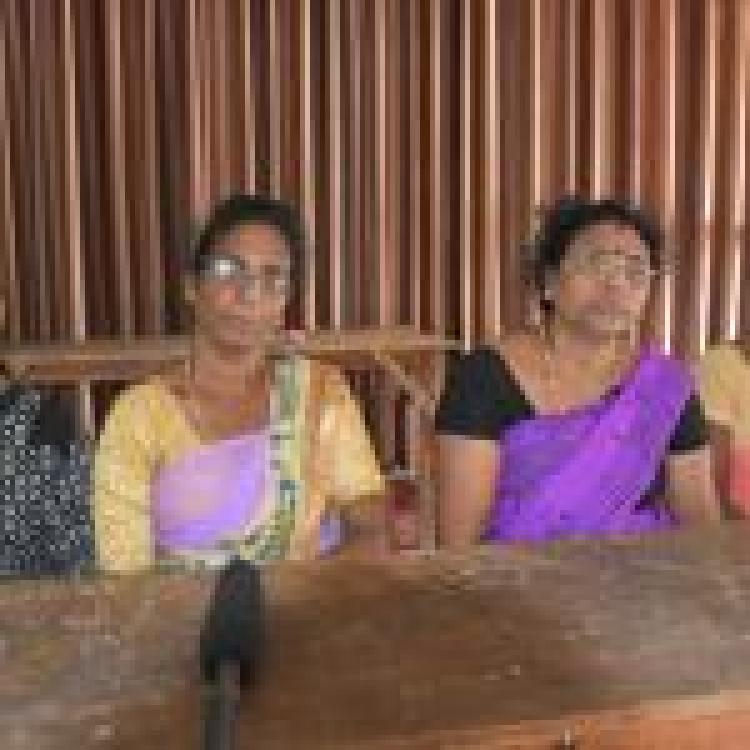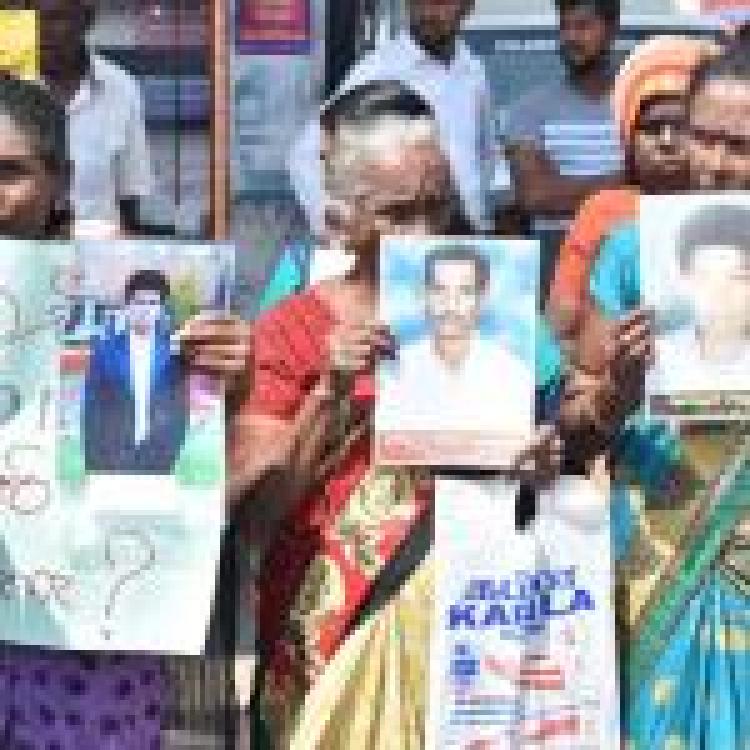<p>Surveillance and harassment against the families of the disappeared and activists have intensified since the election of President Gotabaya Rajapaksa in November 2019, says Human Rights Watch.</p>
<p>Speaking to HRW, activists working across the North and East of Sri Lanka said that government surveillance and intimidation has risen.</p>
<p>One activist told HRW that prior to a victims’ meeting, “every one of the mothers got at least six telephone calls from different intelligence agencies asking ‘where is the meeting?’ Who is organising the meeting?’ What is being said?’”</p>
<p>“UN reports found credible allegations of enforced disappearances by government forces of captured LTTE fighters and Tamil civilians during the final months of the war in 2009. Among the army units the UN implicated in the worst atrocities at the war’s end were those commanded by the current army chief, Gen. Shavendra Silva, and the defense secretary, Gen. Kamal Gunaratne,” the HRW statement said.</p>
<p>A mother who's son was forcibly disappeared in 2009 told HRW that she has been visited repeatedly by the Criminal Investigations Department (CID) following Gotabaya's election.</p>
<p>“They have come and asked who is going to meetings,” she said. “And who is going to Geneva [to attend the UN Human Rights Council]. These are children who were taken by white vans from our houses or who surrendered [to the army]. These are the children we are talking about.<strong> I want to know what happened to my son – whether he is dead or alive, and if he is not alive, what happened to him and who did it; whether he was beaten, whether they broke a limb</strong>.”</p>
<p>“The new Rajapaksa administration has halted legal proceedings initiated by the previous government against navy officers accused of the enforced disappearance and alleged killing of 11 young men in Colombo and its suburbs in 2008 and 2009. In November 2019, following the presidential election, a government investigator looking into this and other cases of alleged serious rights violations implicating government officials fled the country following threats. Other criminal investigators have since been put under travel restrictions,” it added.</p>
<p>Meenakshi Ganguly, HRW’s South Asia director said, “The families of Sri Lanka’s disappeared have spent years waiting for answers, but with the Rajapaksas back in power, security forces are threatening them to drop their demands for truth and accountability.”</p>
<p>HRW have urged UN member states at the Human Rights Council in late February to “call upon Sri Lanka to comply with its international legal obligations, protect victims and witnesses, and keep its UN pledges in a time-bound manner.”</p>
<p>Read the full statement<a href="https://www.hrw.org/news/2020/02/16/sri-lanka-families-disappeared-thre…"> here</a>.</p>
A former Sri Lankan military officer has been arrested after he reportedly raped a…



